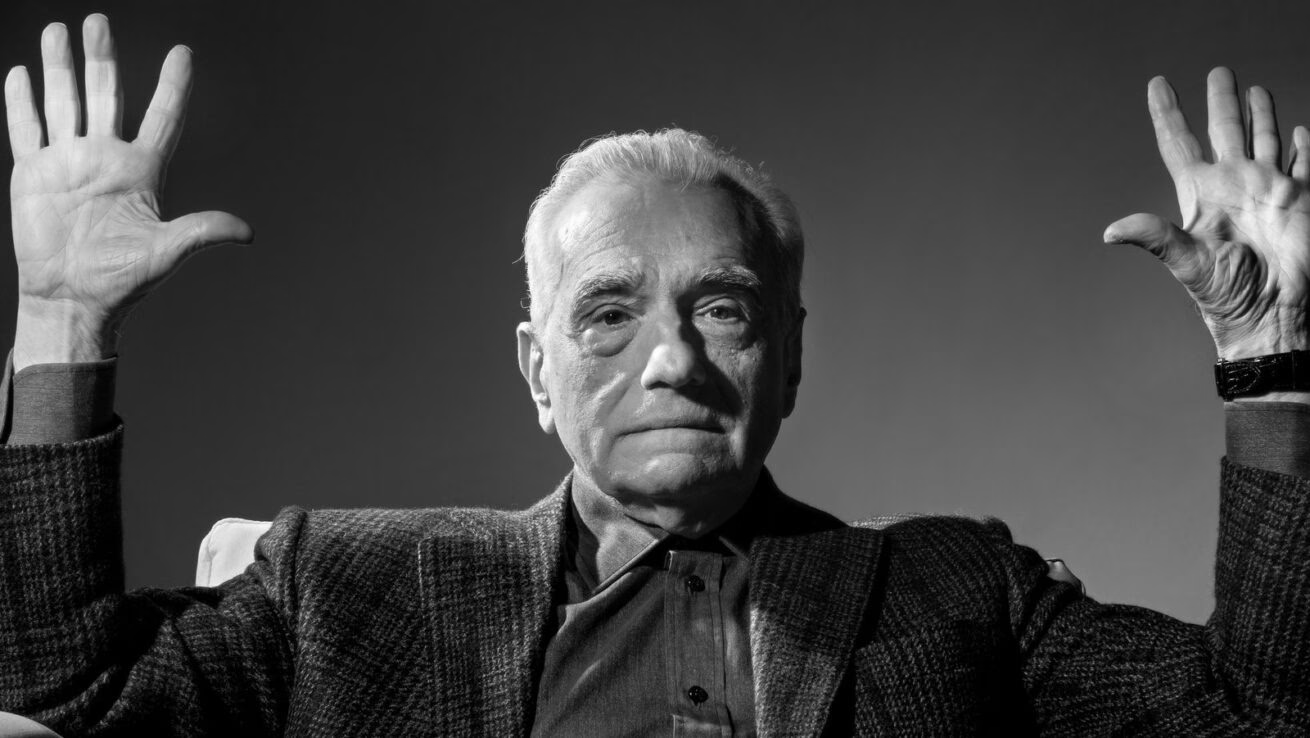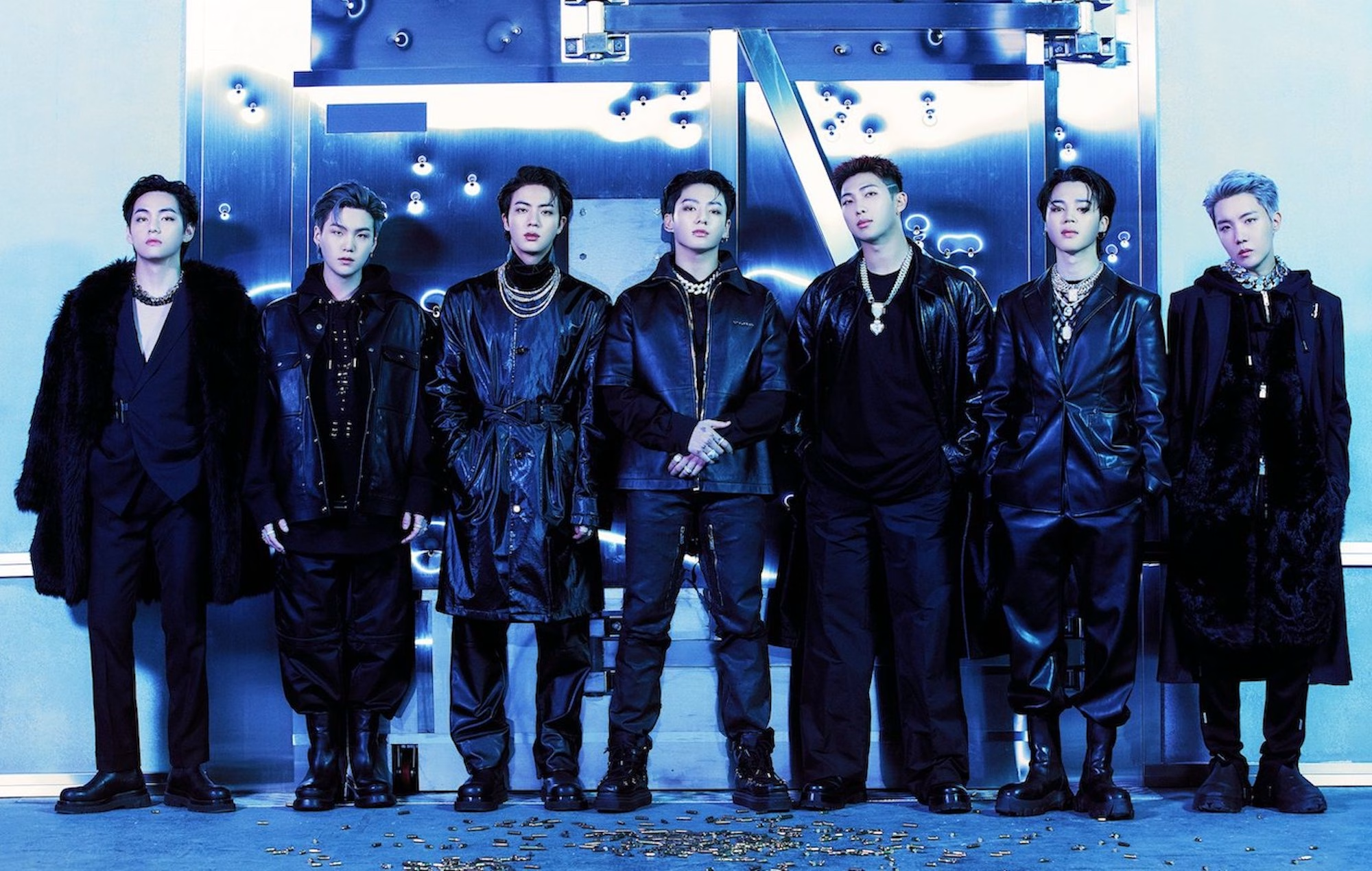Martin Scorsese isn’t a name typically associated with lighthearted films. Known for his gritty storytelling that dives deep into the lives of gangsters, criminals, and the darker aspects of humanity, his films like Taxi Driver and Raging Bull often explore themes of fractured egos and moral ambiguity. These narratives frequently center on characters who, in their quest for greatness, connection, or notoriety, spiral into self-destruction and chaos.
While some moments in his films can be humorous, such as the drunken antics of Jordan Belfort in The Wolf of Wall Street or the absurd discussions on micro-processors in The Departed, “comedy” isn’t the first word that springs to mind when describing Scorsese’s work. However, he has a knack for finding humor even in the darkest situations, a discovery that caught him off guard after screening one of his short films.
Once a film is released, it tends to evolve in its meaning, influenced by the diverse interpretations of its viewers. For instance, films like Mother! spark debates about themes of climate change and misogyny, while the ending of Cache leaves audiences contemplating its ambiguous conclusion.
For Scorsese, his 1967 short film The Big Shave had a similarly unexpected impact. He wasn’t present for the film’s initial screening but was taken aback by the audience’s reaction, which found the film unexpectedly funny. Reflecting on this experience, Scorsese said, “In my seriousness, I made this six-minute film called The Big Shave. It was for an avant-garde film festival in Belgium, and the war was on. I created this piece featuring a man shaving who starts to cut himself and bleed profusely, yet he continues, ultimately cutting his throat.”
Although the premise sounds dark, there’s an absurdity to the situation that explains why audiences found it humorous. Scorsese was shocked by how much laughter it provoked, with viewers seemingly responding to the horror in a comedic light.
He recounted, “I wasn’t there for the initial reaction in Belgium, but I was told it was amazing. People were angry. They were laughing, perhaps because of the horror of it.” This trend continued when the film was screened at the New York Film Festival alongside Godard’s Weekend, where laughter erupted once again. “I thought, hmm, I guess it’s funny,” he mused.
Discovering unexpected qualities in one’s own work can be immensely satisfying. Sometimes, success emerges from elements that were never intended, illustrating how art can resonate with audiences in unforeseen ways.













